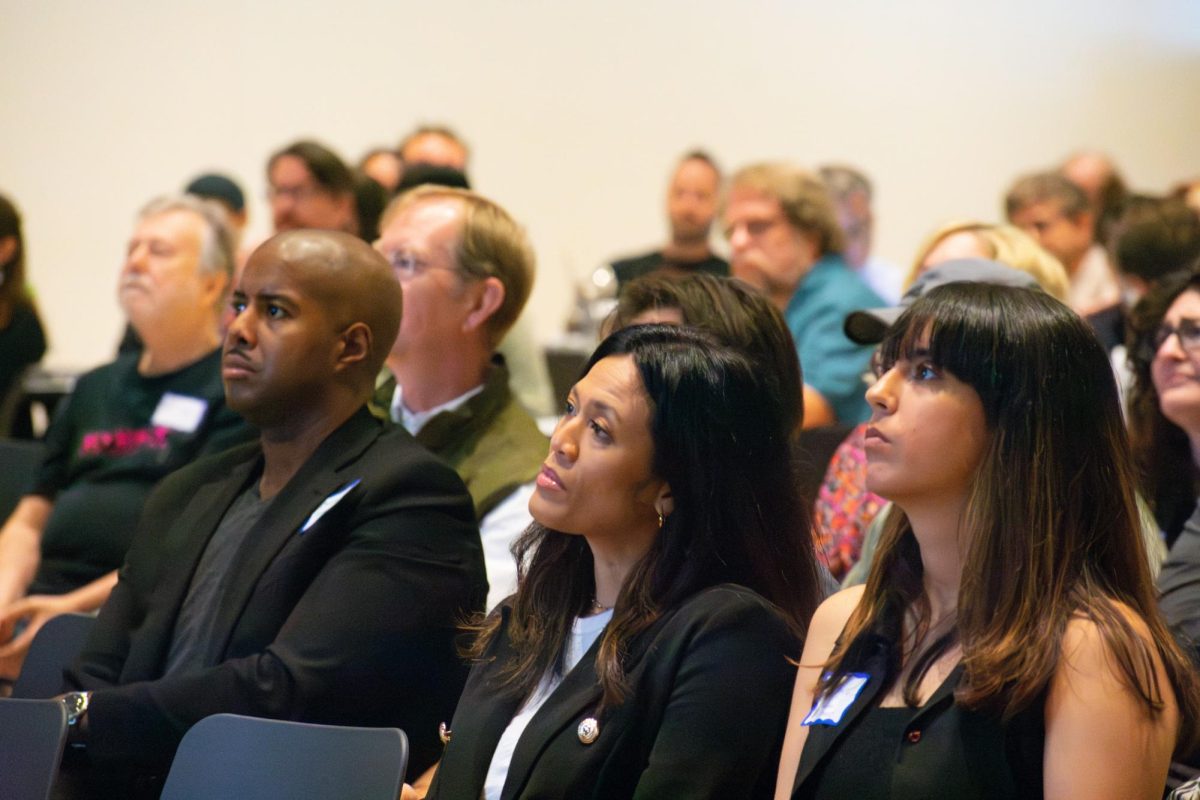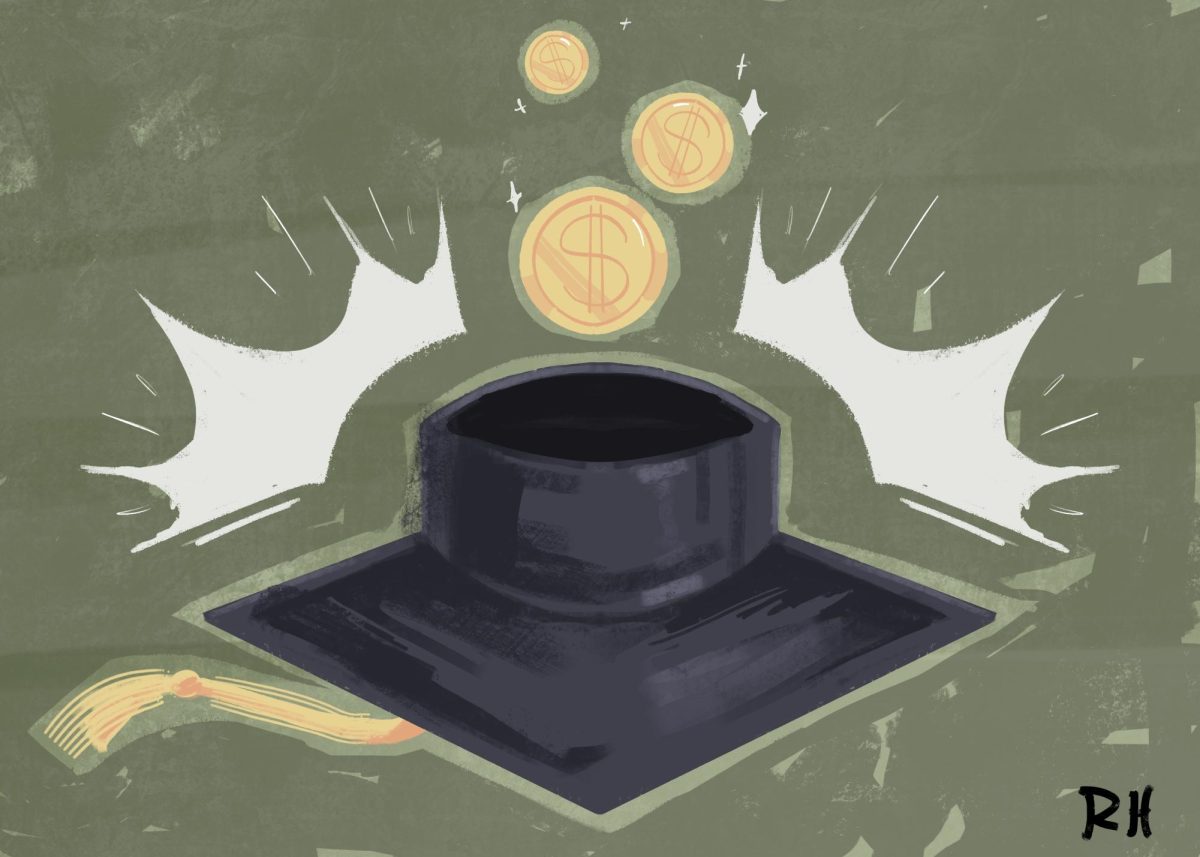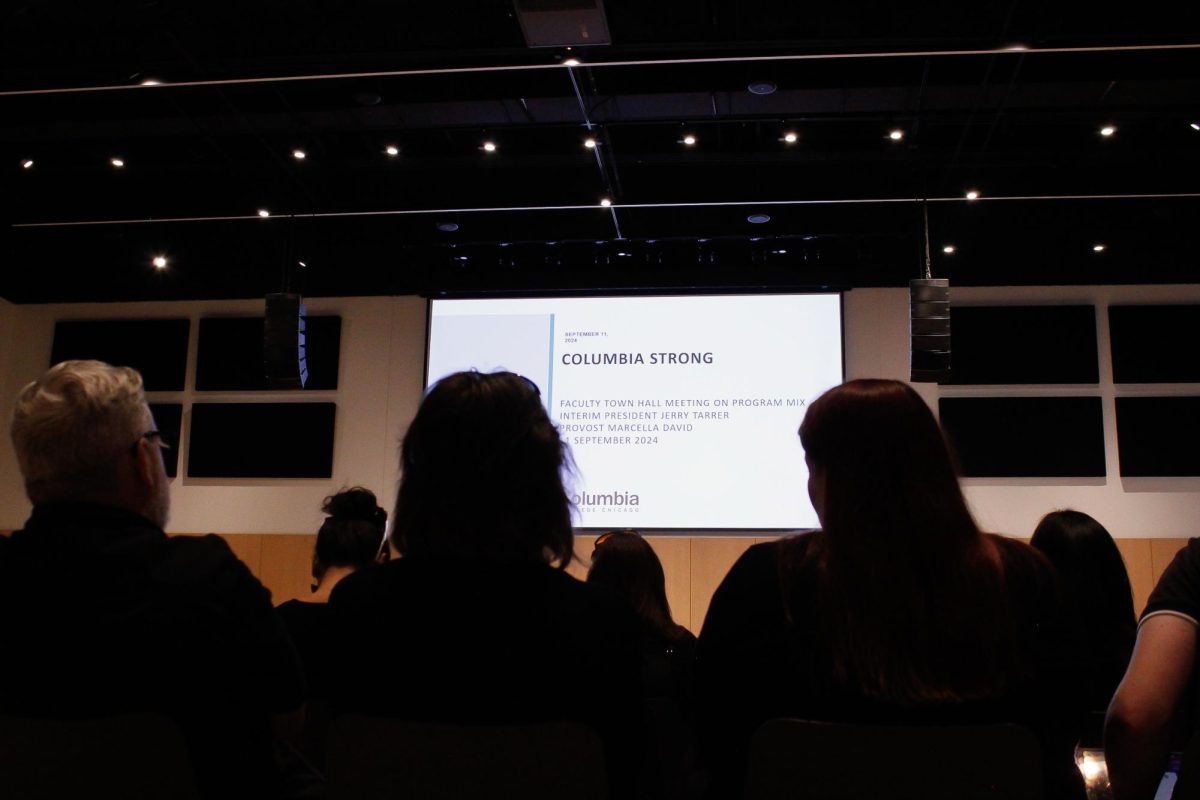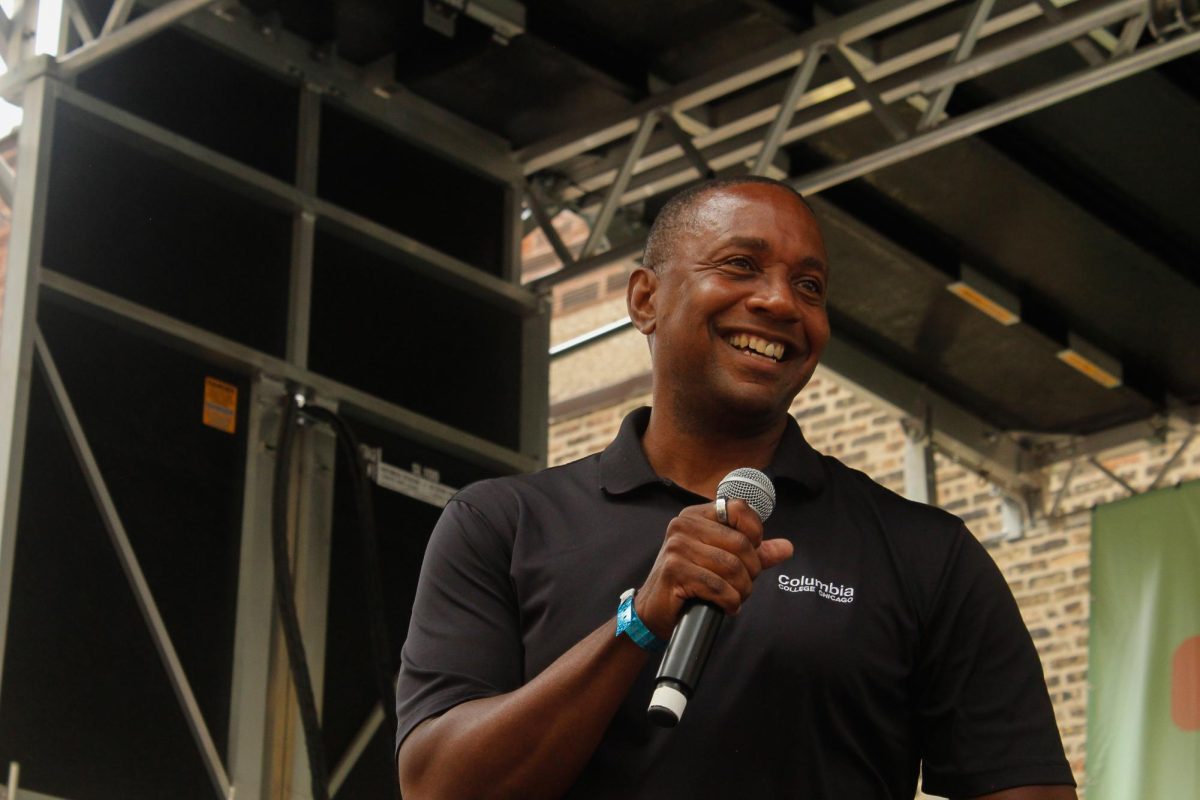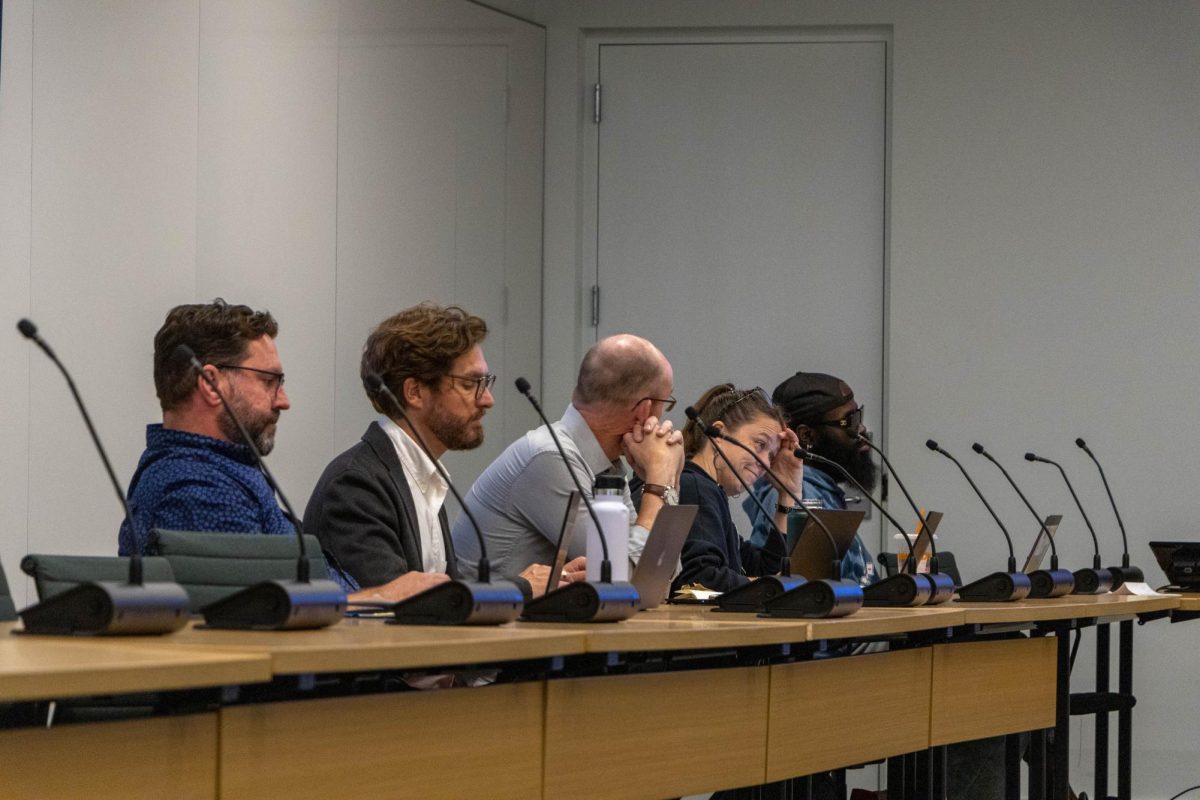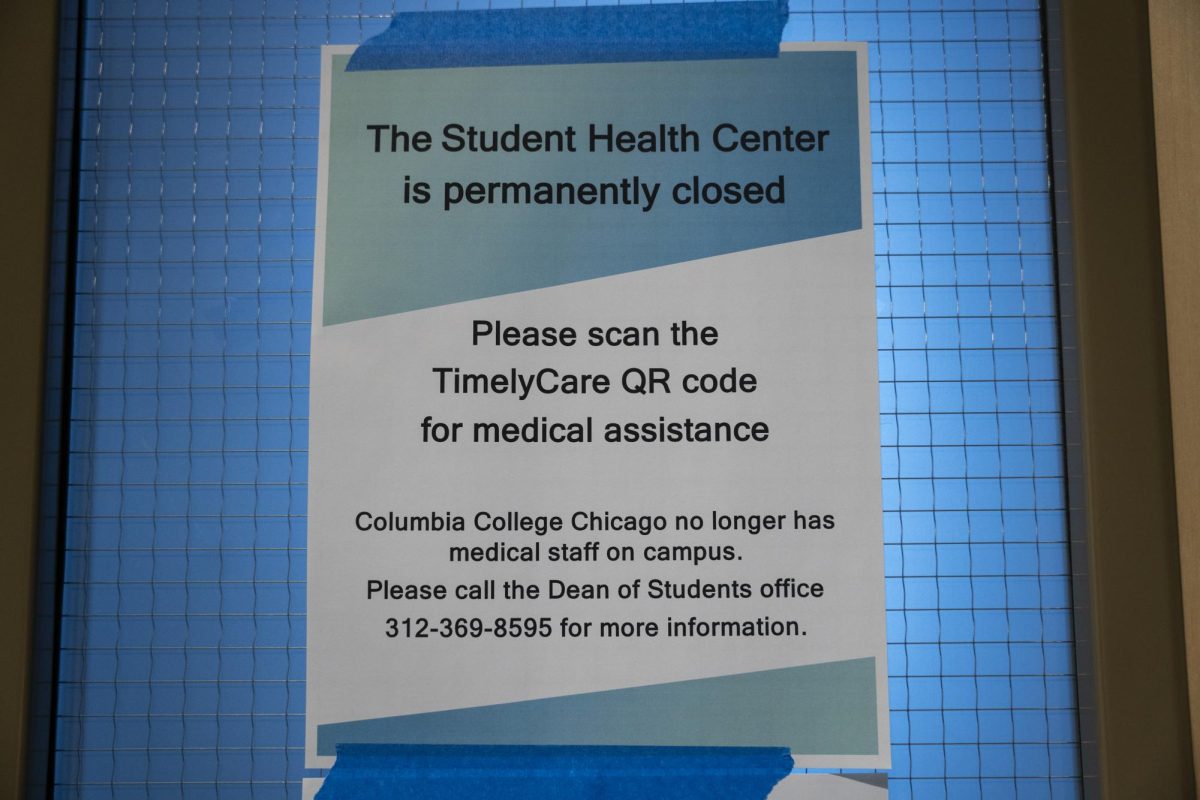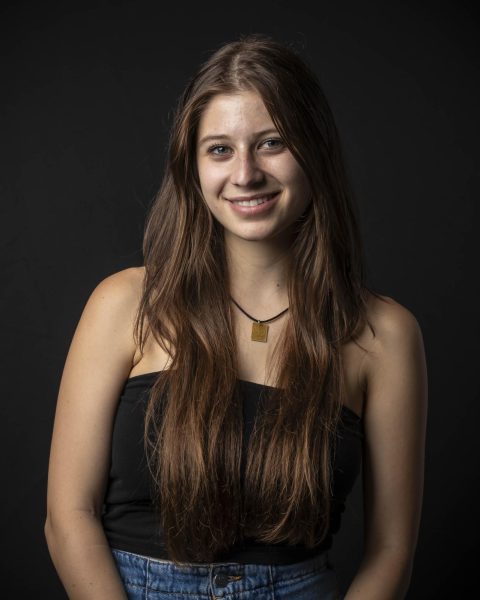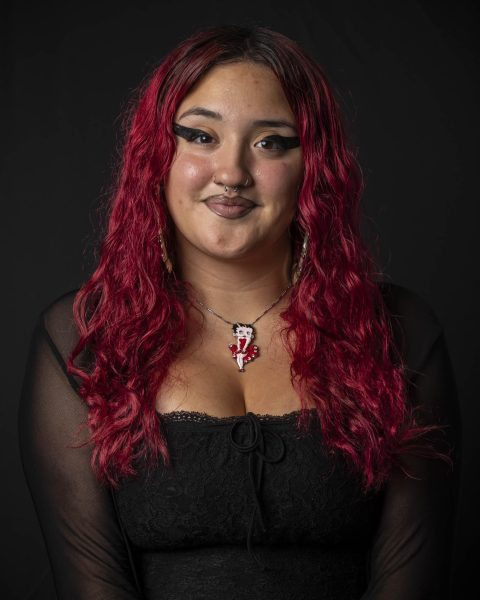Columbia’s Faculty Senate President Madhurima Chakraborty said the college is becoming more transparent about its financial problems even though the disclosures are “tough” to hear.
“We are starting to see some really candid responses,”said Chakraborty, an associate professor in the English and Creative Writing Department. “Again, it’s not great information, and we almost always have more questions than there seems to be opportunities to get those answered.”
In an email sent Tuesday, Sept. 19, President and CEO Kwang-Wu Kim said the college remains “off-track” when it comes to restoring balance in the college’s budget and zeroing out Columbia’s deficit.
“The college’s educational and business model continues to be under significant strain,” Kim said in the email to employees.
The college administration announced in Spring 2023 that to address the $20 million financial deficit it would need to do four things: increase freshman enrollment, improve student retention, increase net tuition revenue and achieve operational efficiencies.
Since then, the college has discussed plans to increase class sizes, lower enrollment targets and review all the programs currently being offered.
The Columbia Faculty Union, which represents the college’s part-time instructors, has filed an unfair labor practice complaint with the National Labor Relations Board, according to a press release from the Illinois Federation of Teachers.
The union, which is currently in contract negotiations with the college, charges that increasing class size and cutting courses is subject to bargaining.
“Rather than consider how current policies and practices impact enrollment and retention, our administration is ready to take drastic and irresponsible measures to reduce costs and address a ballooning deficit – and at the expense of our students,” CFAC President Diana Vallera, a long-time part-time photography instructor, said in the Sept. 19 release.
Kim and other members of the administration are holding three forums in the coming months. They are scheduled from 3 to 5 p.m. on Thursday, Oct. 5 at the Conaway Center, on Oct. 24 at the Student Center and again on Nov. 14 at the Student Center.
Faculty and staff can register and submit questions in advance.
David Woolley, professor of instruction in the Theatre Department who serves on the Faculty Senate’s Faculty Affairs Committee, said the college has been losing money every year.
From his understanding, Columbia’s COVID-19 expenditures played a large role in that, said Woolley, who previously served in the senate’s Financial Affairs Committee.
He said he wishes that college had a stronger fundraising office.
“The college has been tightening its belt now for the last four years and will have to continue to do so until we can solve the dilemma of the money hemorrhage,” Woolley said.
In April, Kim and members of his presidential cabinet held a town hall discussing the future of the college with Columbia employees, saying their goal to close the deficit would only see success with all four pillars working. During the discussion, almost six months ago, Kim said it was time for “honest, serious conversations” about the college’s fiscal health.
In his latest announcement, Kim said the college would begin bringing in outside consultants to advise on how to balance the college’s budget. Specifically, he said the college would recruit pro bono aid.
Craig Sigele, president of the United Staff of Columbia College and academic manager for the Communication Department, said that while it is important to get outside advice, the college should remember that outside consultants are not ingrained in the college’s day-to-day operations or community culture.
“My worry is that their recommendations might focus strictly on financial metrics, potentially overlooking the human elements that make our institution unique,” Sigele said. “This could lead to suggestions that impact our job security, workloads or the way we operate on a daily basis. We’d like to have a say in evaluating and acting upon any recommendations from any internal or external groups.”
Chakraborty also wondered about the existing expertise on Columbia’s campus among faculty and staff.
Columbia faculty and staff could “consider some solutions with more creativity that are thoughtful, deliberate and reasonable,” Chakraborty said. “I’m not sure we exhausted that possibility yet.”
Joan Giroux, professor in the Art and Art History Department and president of Columbia’s American Association of University Professors chapter, said she appreciates the college seeking outside expertise but wishes for more transparency as the college discusses its financial concerns.
“I am appreciative that the college is seeking expertise about its business decisions on a pro bono basis,” Giroux said. “We would certainly appreciate the administration sharing more information on the organization they are engaging to provide such expertise.”


